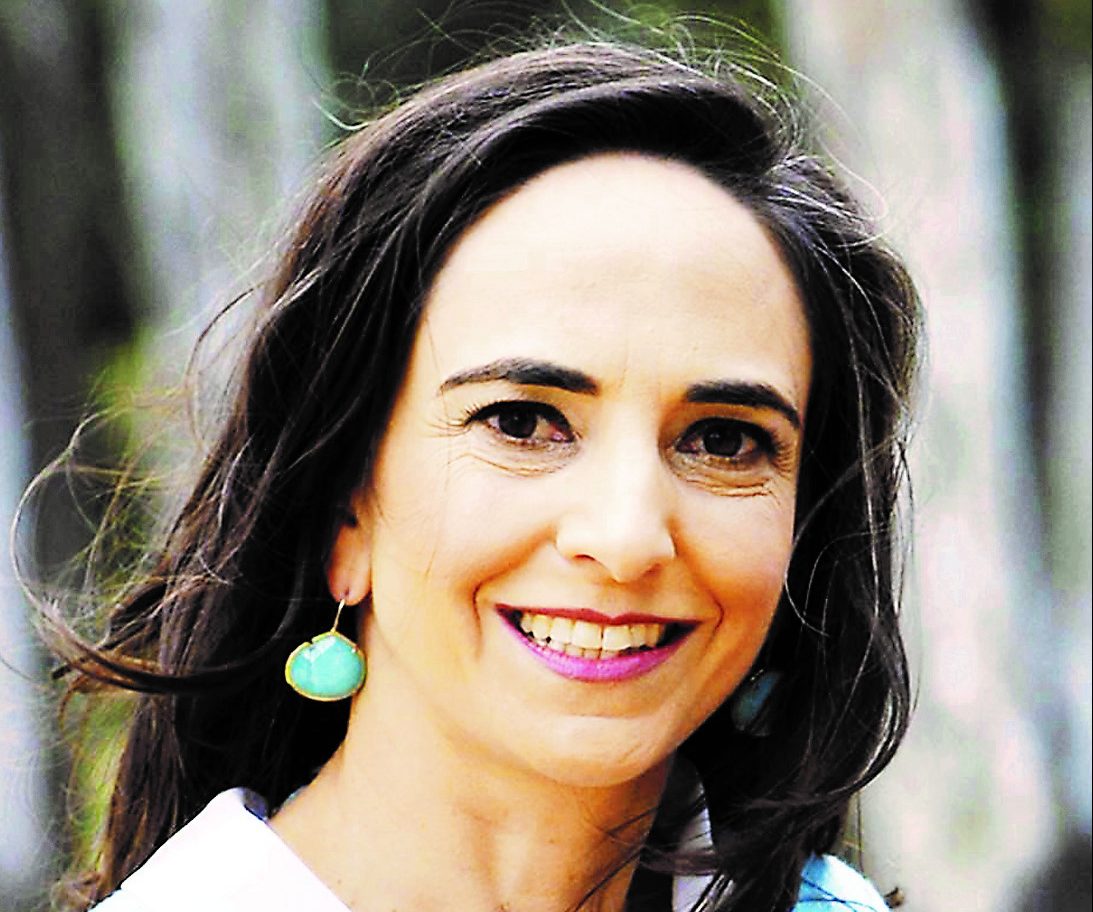click to dowload our latest edition
CLICK HERE TO SUBSCRIBE TO OUR NEWSLETTER


Published
2 years agoon
Tens of thousands of 12 to 17 year olds around the country presented for their COVID-19 vaccines this week. What advice should teens be given after being vaccinated?
The concern is that strenuous exercise in the week after a vaccine, while the immune system is mounting a response, may predispose teenagers and young adults to the very rare complications of myocarditis (inflammation of the heart muscle) and pericarditis (inflammation of the thin membrane that surrounds the heart).
Myocarditis and pericarditis occur at a rate of 65 per million doses of Pfizer vaccine, more frequently after the second dose. To put it into perspective, the rate of myocarditis in patients infected with the SARS-CoV-2 virus is 450 cases per million infections. Cases that have occurred after vaccination have mostly been mild and resolved in a few days.
There are no official guidelines on exercise post vaccination. Out of caution, some countries, such as Singapore have advised adolescents and patients under 30 years of age to avoid strenuous physical activity (intense exercise) for one week after receiving a vaccine.
Hatzolah is advising patients to avoid strenuous exercise for one week post vaccine, and based on this, some schools in Johannesburg have suspended all sports for this week following a mass vaccination campaign at schools.
My advice to teens is to avoid very strenuous activity such as running, cycling, rugby, soccer, and other cardiovascular activity for five to seven days. Within this period, they should monitor their heart rates and how they are feeling when participating in milder activities.
If they have fever, excessive fatigue, or severe muscle pain, they should rest completely for a few days. These symptoms can be treated with Panado.
Should their resting heart rate be elevated above normal or their heart rate go up more than usual while exercising, they should rather rest for a longer period. Symptoms to watch out for in teenagers in the two weeks following vaccination include chest pain, shortness of breath, a fast, irregular heart rate, and fatigue. In the unlikely event that your teenager develops any of these, you should seek medical care.
For teens participating in competitive sports or intense training, the timing of the vaccine should be carefully considered. It’s best to plan for at least five days off intense training. This may sound inconvenient, but remember that the recommended rest time from exercise after testing positive for COVID-19 is two weeks after recovery.
Teens who are in quarantine or isolation following exposure are also not able to participate in sport. Vaccinating high school students will ultimately reduce the amount of time spent off school and off sport, making a one-week rest period easier to accept.
In a webinar for health professionals on 26 October, Professor Claudia Gray, a paediatrician from Cape Town, outlined five reasons why she believed that adolescents should be vaccinated against COVID-19.
Esteemed critical-care professor at the University of the Witwatersrand, Professor Guy Richards, concurs with this, reinforcing the ways in which vaccines reduce transmission, including less spread from asymptomatic individuals and a shorter period of viral shedding in vaccinated patients.
Gray said that she timed the vaccination of her own adolescents before the weekend so that they could have a 48-hour complete period of rest from exams and sport, so that if they got a sore arm, headache, or fever, they would be able to rest. She advised that young males should avoid all exercise for two days, and avoid intense, strenuous exercise for five days. She reminded doctors that it takes three to four weeks to build up immunity, and said parents should consider vaccinating in time for teens to have immunity before the December holidays.
Though serious side effects following vaccines in adolescents are exceedingly rare, it’s wise rather to be cautious and invest in a few days of rest before undertaking strenuous exercise following vaccination.

Rabbi Doctor David Nossel
Oct 28, 2021 at 11:10 pm
There are respected medical specialists who are of the opinion that it is wise to exercise caution in this matter. In a population group where the disease risks are low and the long term safety and efficacy are still unknown it seems’secheldik’ to wait and see.
Larry
Nov 2, 2021 at 4:14 pm
I’ve never seen such crap reasons to give kids a jab. All of the reasons given are seriously flawed. It’s like this article would have made sense last year, but cu ft rent knowledge contradicts all of this. Kids are not high risk. Never were. And Vax efficacy had been severely criticised worldwide,with boosters needed continually. I also would like to question the “tens of thousands” of kids running to get vaxed? Don’t think it’s that popular.